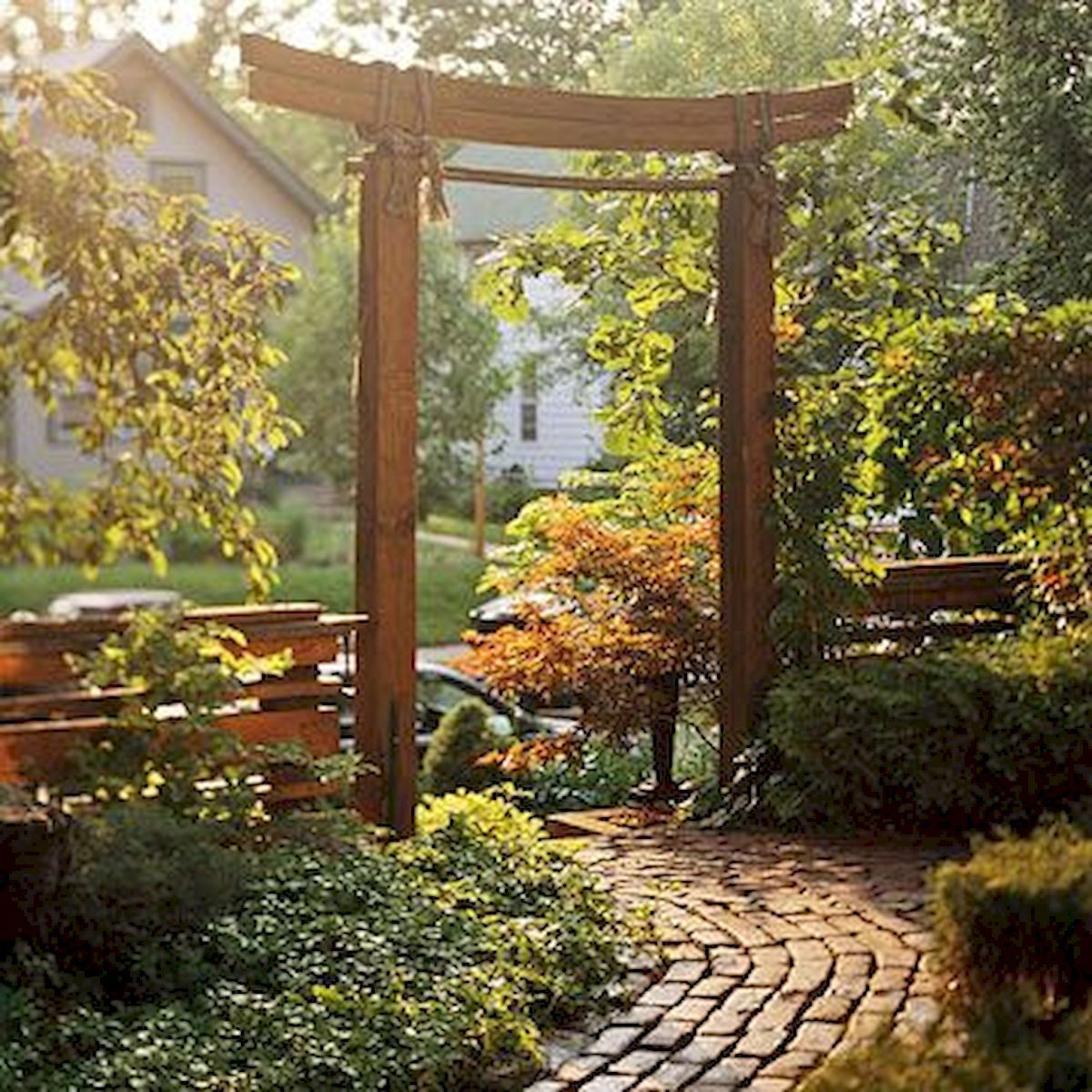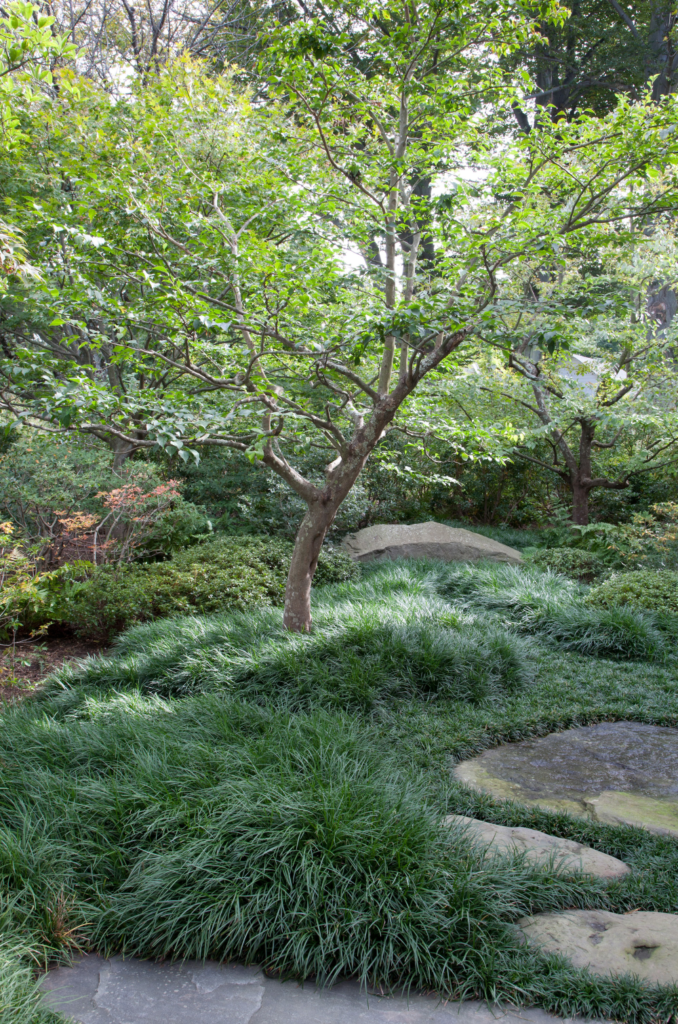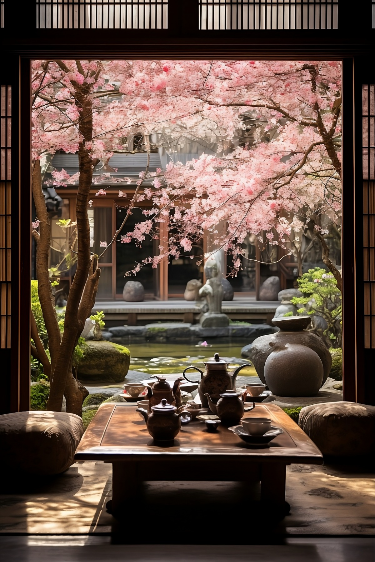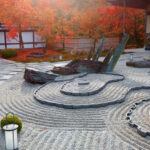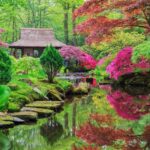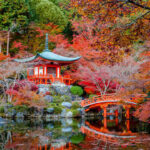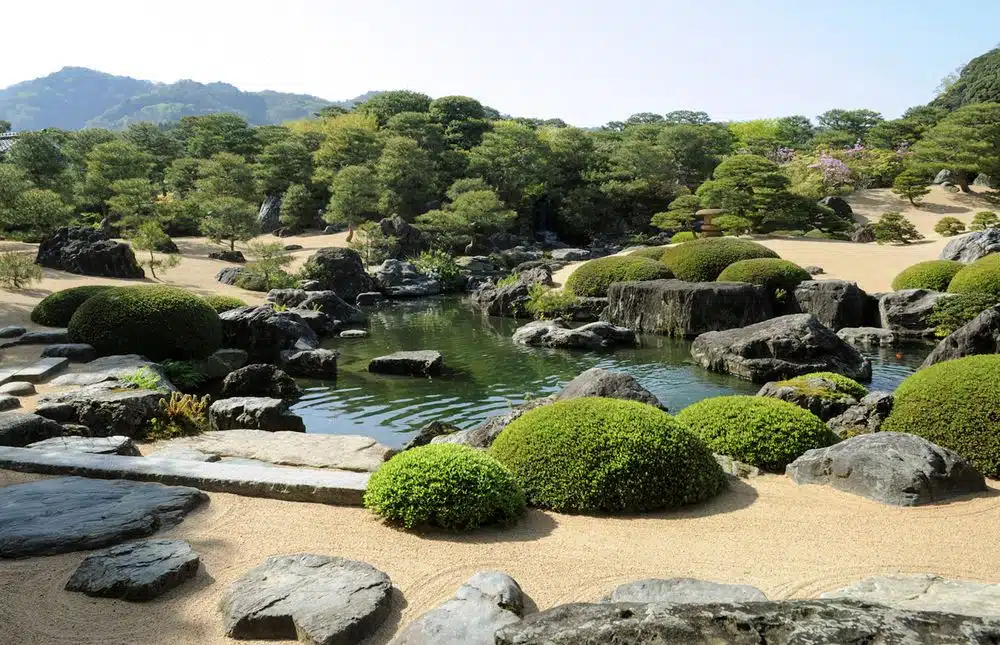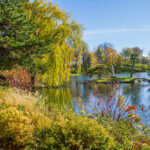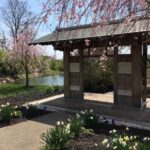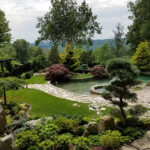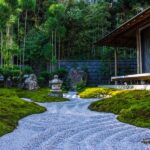Japanese gardens are known for their serene and tranquil beauty, often incorporating elements of nature and spirituality. These gardens have been influenced by Buddhist, Shinto, and Taoist philosophies, and are designed to create a sense of harmony and balance for those who visit them. One of the key principles of Japanese garden design is the concept of “borrowed scenery,” where the surrounding landscape is incorporated into the overall design of the garden.
The careful selection and placement of plants, rocks, water features, and other elements are all essential in creating a Japanese garden. Plants such as bamboo, Japanese maple trees, cherry blossoms, and moss are often used to symbolize different aspects of nature and evoke feelings of peace and tranquility. Rocks are also an important element in Japanese garden design, with specific shapes and arrangements used to represent mountains, islands, or animals.
Water features, such as ponds, streams, and waterfalls, are commonly found in Japanese gardens and are used to create a sense of movement and flow. These elements also serve practical purposes, such as bringing coolness and serenity to the garden during hot summer months. Many Japanese gardens also feature bridges, pathways, and lanterns, which help to guide visitors through the space and enhance the overall aesthetic.
In addition to their physical elements, Japanese gardens often incorporate spiritual and philosophical aspects into their design. Many gardens are designed to represent idealized landscapes from literature or poetry, while others are meant to evoke specific emotions or states of mind. Zen gardens, in particular, are known for their simplicity and minimalism, with carefully raked gravel or sand representing water or waves.
Visiting a Japanese garden is a unique and immersive experience that can provide a sense of calm and rejuvenation. Whether exploring the carefully manicured paths and plantings or simply sitting quietly and contemplating the beauty of the surroundings, visitors can find a sense of peace and connection to nature within these tranquil spaces. Japanese gardens continue to be a popular destination for tourists and locals alike, offering a glimpse into the rich cultural and artistic traditions of Japan.
 yishifashion Where Outdoor Dreams Become Reality
yishifashion Where Outdoor Dreams Become Reality
